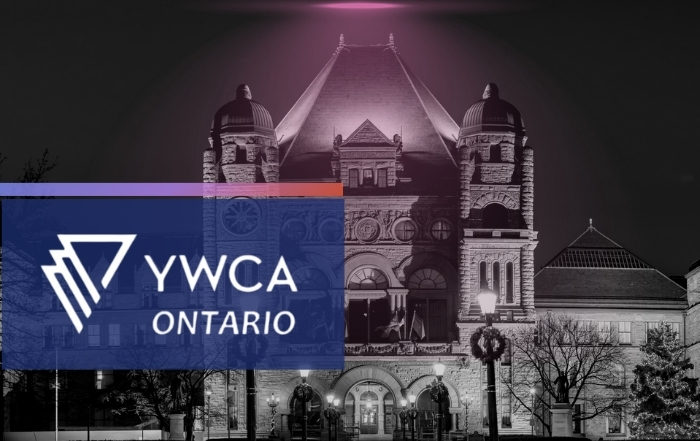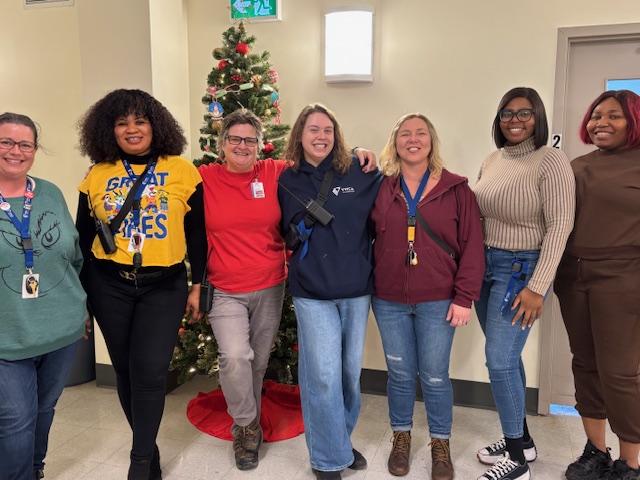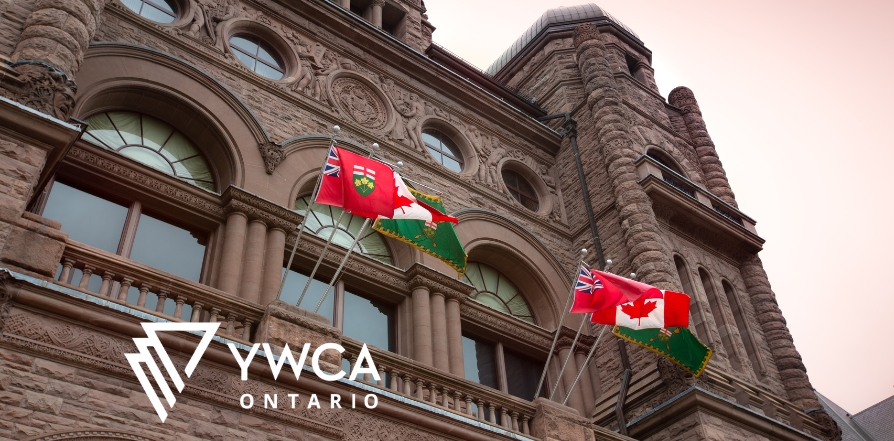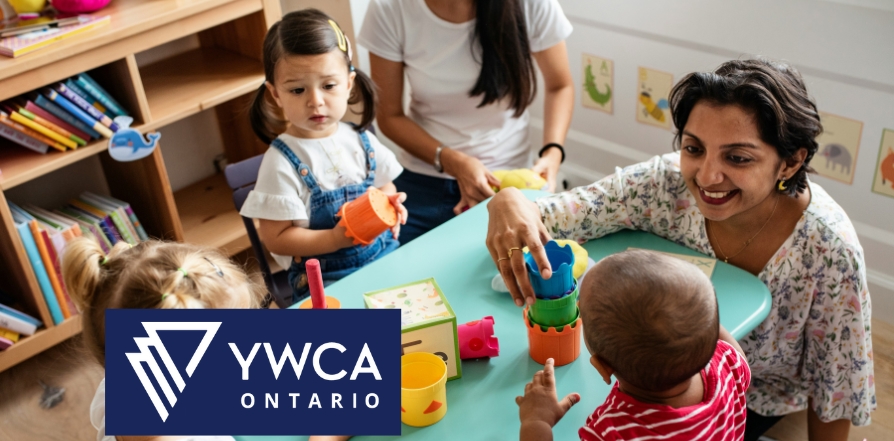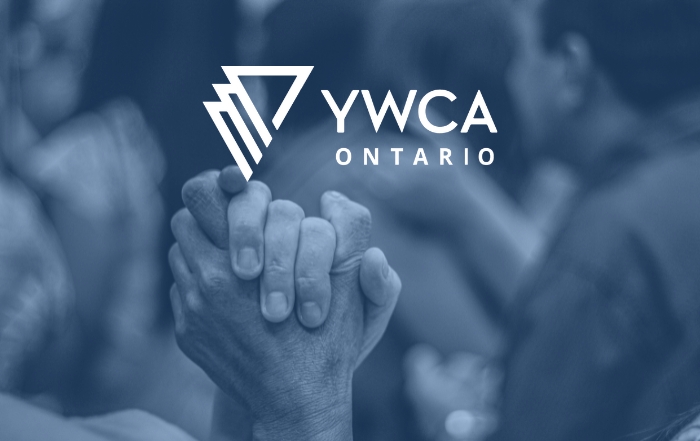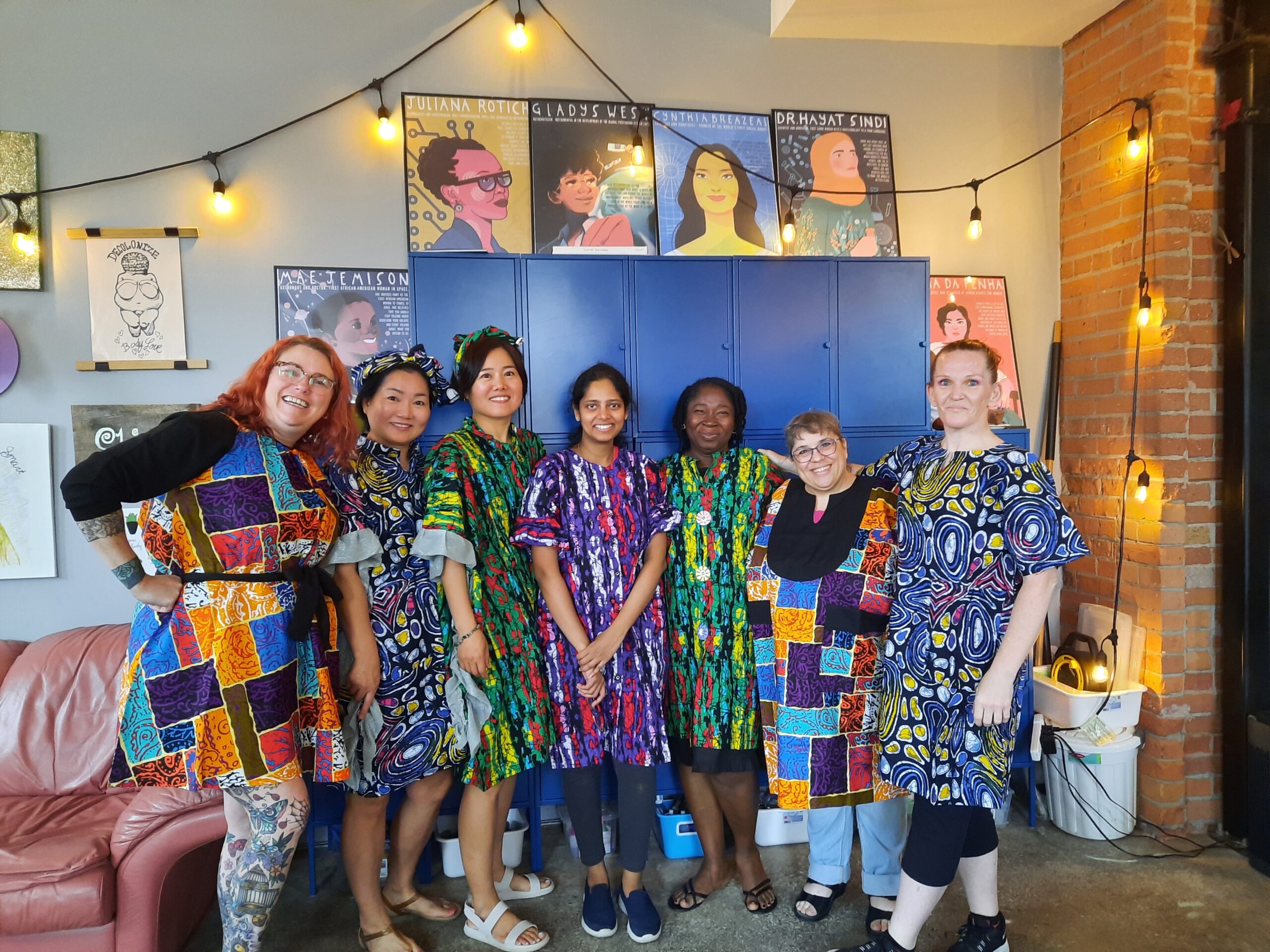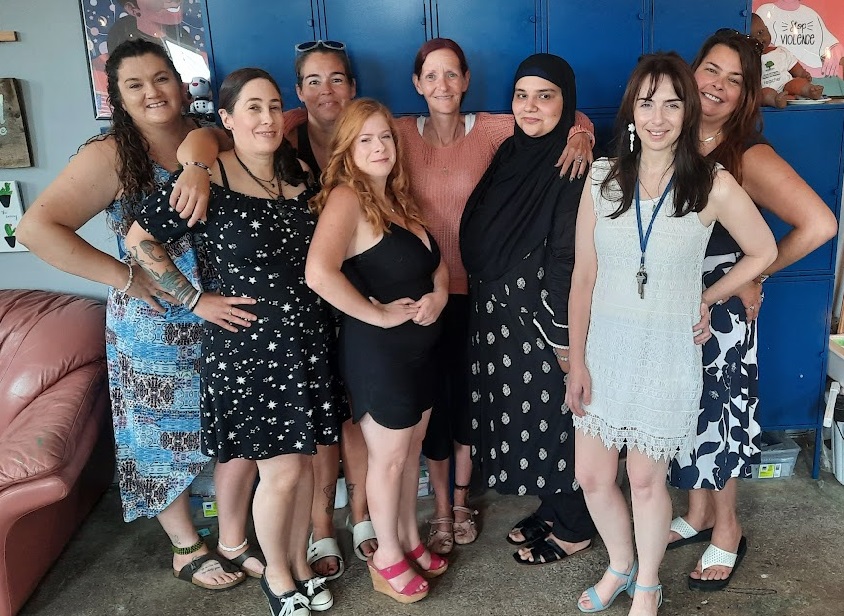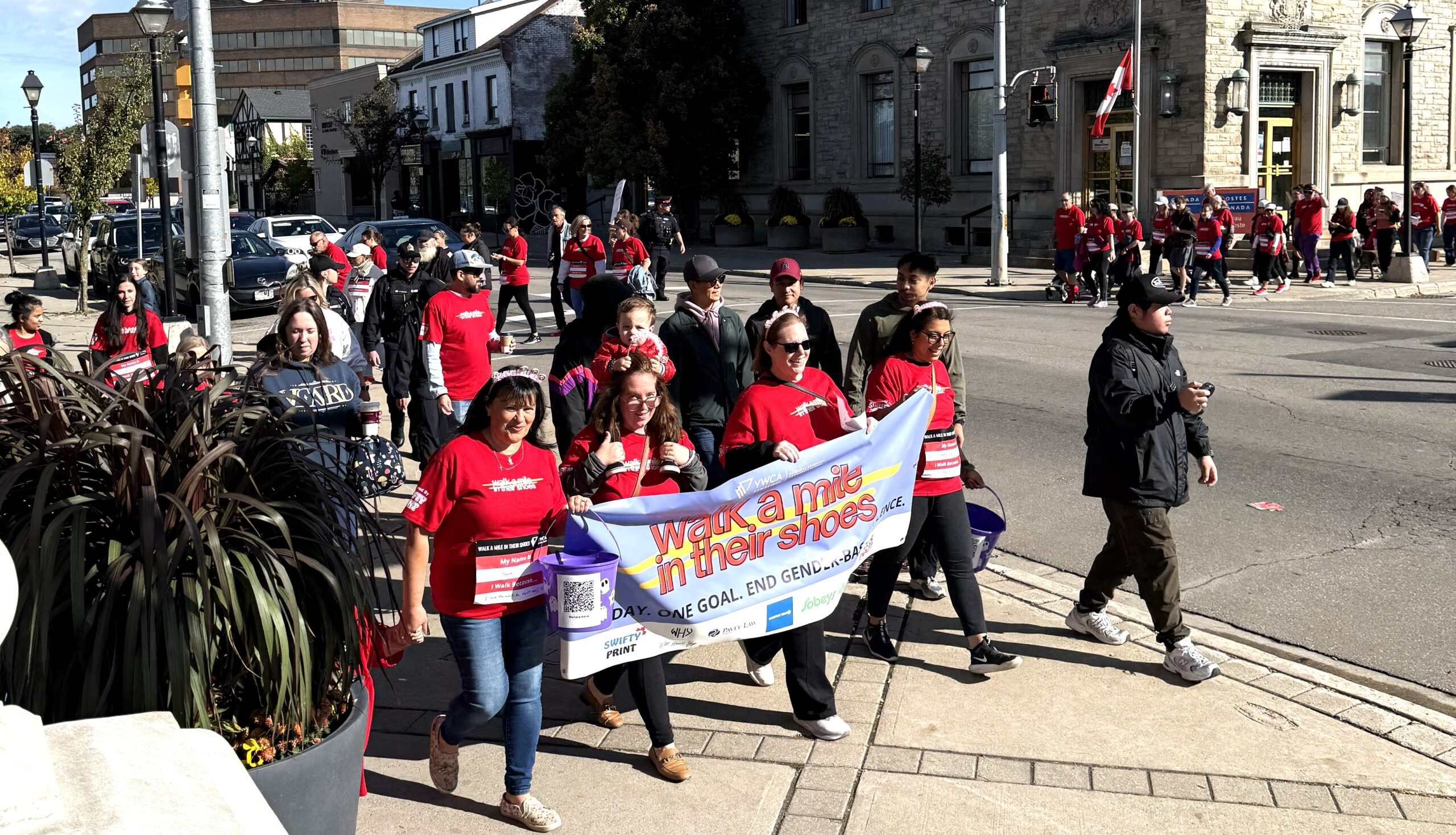At YWCA Cambridge, we provide high quality licensed child care to more than 400 families each year. Child care has been a core part of our program offerings for more than 65 years.
Our skilled staff continuously engage in professional development opportunities and are always seeking out ways to make our programming the best it can possibly be. That’s why we were thrilled when the Region, which is the service manager of all licensed child care in Waterloo Region, launched Early Years Engage.
Early Years Engage is designed to help continually strengthen the quality of early year’s programs. This year, the focus of Early Years Engage is on the six pedagogical approaches outlined in How Does Learning Happen? Ontario’s Pedagogy for the Early Years.
“Pedagogy” refers to the “how” of teaching. It’s how child care providers practise educating and supporting early childhood development. It’s the techniques and strategies we can use to provide opportunities for early learning and how our relationships and interactions with children can affect them.
The six pedagogical approaches promoted through Early Years Engage are:
- Responsive Relationships – Establishing positive, responsive adult-child relationships
- Learning Through Exploration, Play, and Inquiry – Providing inclusive learning environments and experiences that encourage exploration, play, and inquiry, a setting designed to be not only functional but also beautiful and reflective of the children’s interest and learning.
- Educators as Co-Learners – Engaging as co-learners with children, families/caregivers, and others;
- Environment as Third Teacher – Planning and creating environments as a “third teacher”;
- Pedagogical Documentation – Using pedagogical documentation as a means to evaluate, discuss and make learning visible;
- Reflective Practice and Collaborative Inquiry – Participating in ongoing reflective practice and collaborative inquiry with others.
This initiative began in 2017, but progress was stalled while child care operators prioritized managing the pressures brought on by the COVID-19 pandemic and rolling closures. For the past year, YWCA Cambridge child care centres have worked hard to incorporate all six of these pedagogical approaches, focusing particularly on reflective and collaborative inquiry.
Hear are some examples of how incorporating these approaches looks in our centres:
Responsive Relationships
Responsive Relationships is really about creating a sense of belonging, cultivating authentic, caring and responsive relationships between children, educators and families. Through relationships, children learn how to think, understand, communicate, express emotions and develop social skills. It is important as educators we engage in supportive and respectful interactions with children to ensure they feel a sense of security and belonging. Positive relationships contribute to healthy child development and are necessary for children’s well-being and learning.
Environment as a Third Teacher
The learning environment or classroom plays a key role in early childhood development. Children thrive in environments that are suited to their interests and developmental stages. The environment in YWCA Cambridge child care centres has been meticulously design to be places that are welcoming, authentic, aesthetically pleasing, culturally representative of community, and that embrace nature and are filled with purposeful materials. The layout of the environment promotes relationships, communication, collaboration, and exploration through play. Materials are thoughtfully added to the environments to promote creativity, thinking and problem solving skills, questions, experimentation and open-ended play.
As Georgia Heard and Jennifer McDonough pointed out in their 2009 book, A Place For Wonder: “We need to think about creating classroom environments that give children the opportunity for wonder, mystery and discovery; an environment that speaks to young children’s inherent curiosity and innate yearning for exploration is a classroom where children are passionate about learning.”
We are excited to continue this journey through Early Years Engage and look forward to all the ways these six pedagogical approaches can enhance our early childhood programming at YWCA Cambridge.


